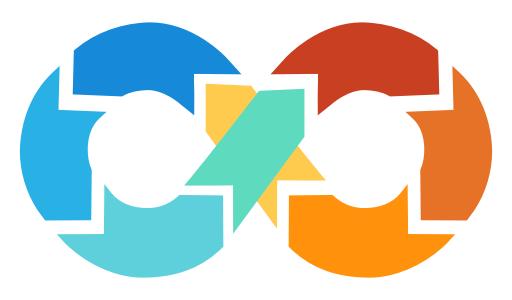Remote.Working
"As a society, we tend to consider management a title rather than a skill, something to promote people to, as well as a way in which you can abstract yourself from the work product." [1]
Management is not a title! Management is a set of skills. Management is a responsibility.
Hybrid work should mean "work from home but come if you want to, or there is a specific need to come in". I think that "hybrid work" policies are statements of equality ("give everyone the same thing"), whereas remote-first is more about equity (give each individual what they need to succeed).
- Culture
- Practices
- Tools
Advantages of Remote Working
Remote working enables a level of equity that isn't possible with in-person workplaces. Enabling remote working as the default work environment opens your business up to candidates that simply might not even apply. It might be difficult to even understand how much of a difference this can make.
- Some people have experienced situations in work environments that make it uncomfortable for them to be in-person.
- Some people might not be able to easily commute or relocate close enough to make an in-person job feasible. This is particularly true for work located in cities or municipalities with high cost of living.
- People with disabilities or mobility issues.
- People with children or other family members to care for.
Face-to-Face Meetings
"The most efficient and effective method of conveying information to and within a development team is face-to-face conversation." -- Agile Manifesto
Working Face-to-Face has long been held as one of the most important, foundational principles of agile. For years we have accepted this statement as truth. It made sense. It worked. But what if face-to-face meetings are not as important? In fact, what if this is the wrong way to work?
Let's walk through this, and see where we end up.
The arguments for face-to-face meetings is that they are the best way to get to know your peers, team members, and management. Being able to understand body language and facial expressions is routinely held as a critical component of building a successful, high-functioning team. But is this truly essential?
Let's consider some counterpoints.
First, consider open source software (OSS). The majority of OSS is developed via asynchronous discussions and asynchronous communication; developers are spread throughout the world. Is this the best way to develop software? Perhaps not. OSS packages are often forked over disagreements. Open Source Software provides an example of how remote software development can be successful.
Second, consider remote-first or remote-only companies, such as StackOverflow or GitLab.
Starting the Day and Ending the Day
Many people like to start the day in a certain way. It could be as simple as having a cup of coffee. Similarly, others like to end the day in a specific way; it could be that they say goodbye to coworkers, or tidy up their workspace. These are more than just rituals though. They can act as a way to separate work life from the rest of life, and help a person get mentally prepared for the workday, or unwind at the end of the day. In short, the way that people start and finish their days can have a measurable effect on mental health.
Post Agile: embracing asynchronous processes
What We Lose When Work Gets Too Casual
All 700 employees at this startup work remotely
Face-to-Face Meetings
https://www.linkedin.com/feed/update/urn:li:activity:6892699366637879296
Building Teams and Team Member Relationships
"When a company empowers a distributed team to embrace the inevitable interruptions of doorbells ringing, phones buzzing, and demands from pets, children, and partners, you get to know your remote teammates better than if you shared an office. People are free to share more of themselves than if they were commuting from their homes to a common area.
By sharing your home, albeit digitally, with your colleagues, it is critical that your teammates show the same degree of humility and empathy for colleagues as they do for customers."
